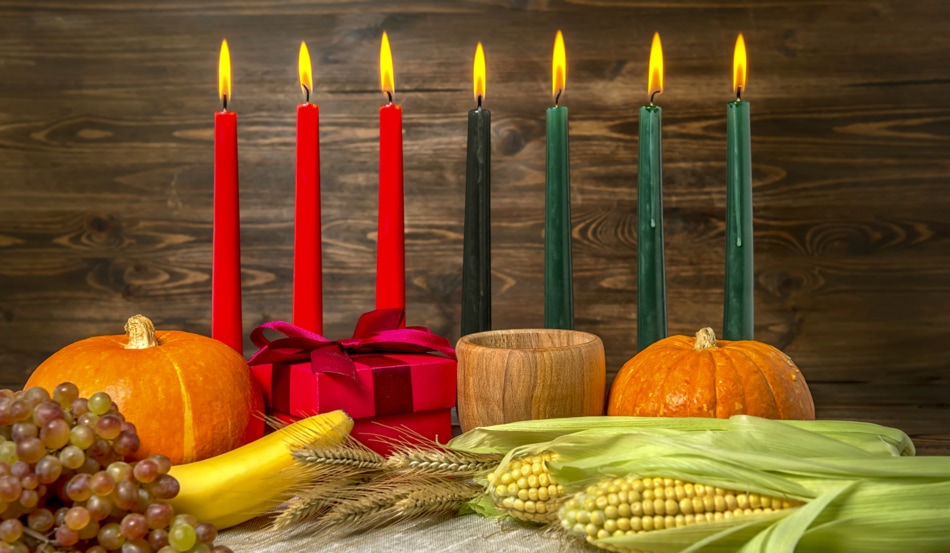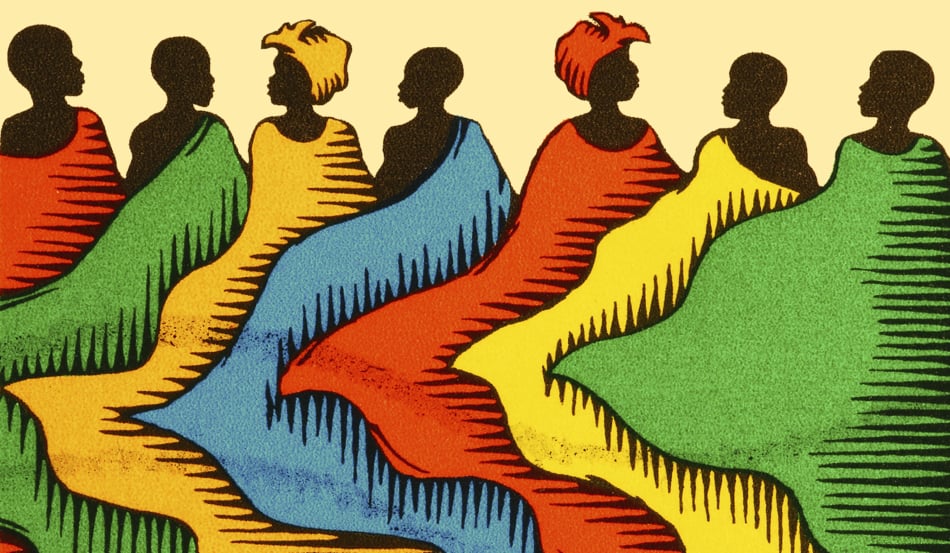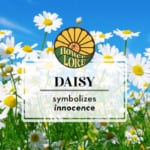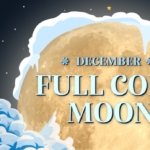What and when is Kwanzaa?
Kwanzaa is a celebration of African-American culture and the rich history of African traditions. It is an integral part of many families’ holiday celebrations. Learn more about this holiday.
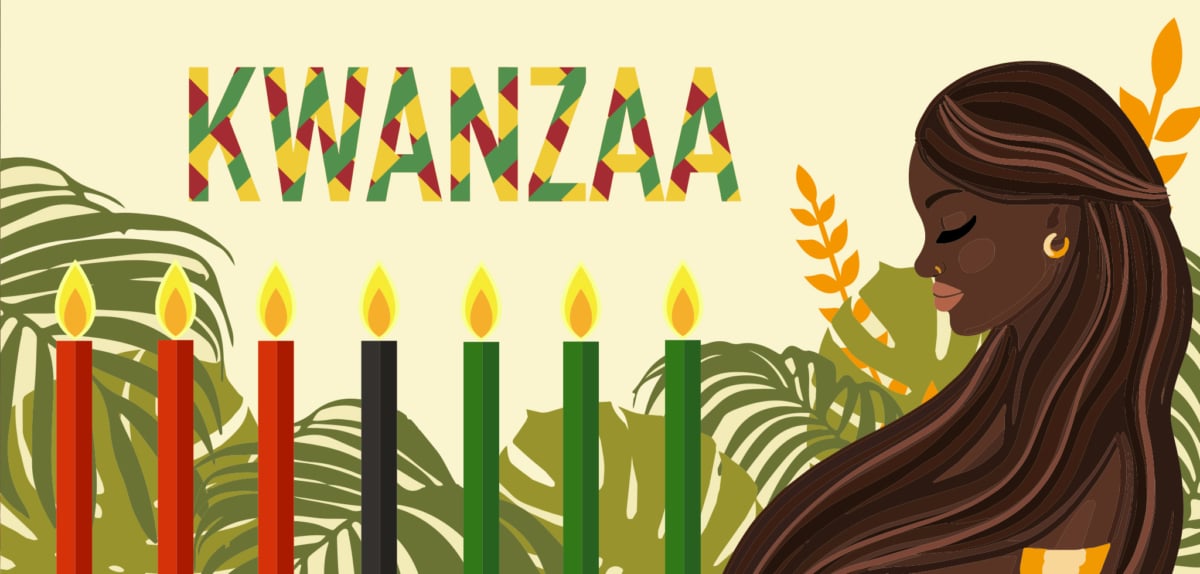
The end of the year holiday season is a time of celebration for many faiths and cultures, and discovering more about different holiday celebrations is a great way to learn about various beliefs and honor different heritages, culture, and traditions. Kwanzaa is a celebration of African-American culture and the rich history of African traditions, and is an integral part of many families’ holiday celebrations.
Origins of Kwanzaa
First celebrated in 1966, Kwanzaa was developed by professor and chairman of Africana Studies at California State University, Maulana Karenga. He created the celebration in honor of a variety of African traditions and heritages, including the harvest festivals that occur at the end of the year to celebrate the fruits of a community’s collective labor. The word “kwanza” is Swahili for “first fruits” to signify that connection. The extra “a” was added to the spelling to retain the symbolism of the number seven, which resonates through Kwanzaa symbolism and celebrations.
Seven Principles of Kwanzaa
Kwanzaa highlights seven key principles of African-American culture, philosophy, and heritage, and each is celebrated throughout the holiday.
- Unity – Of family, community, nation, and race
- Self-Determination – To define, name, and speak for oneself
- Collective Work and Responsibility – To work together to solve problems
- Cooperative Economics – Building and supporting community businesses and profits
- Purpose – To restore the African people to traditional greatness
- Creativity – To add beauty to the world with one’s natural talents
- Faith – To believe, especially in oneself, one’s family, and one’s community
Celebrating Kwanzaa
Kwanzaa is a secular celebration rather than a religious observance, and is not intended to replace Christmas, Hanukkah, Ramadan, or other religious holidays. In fact, many people of African descent celebrate multiple holidays, including Kwanzaa, but care is taken not to mix the celebrations so the distinct messages of each are not lost.
Kwanzaa is celebrated annually from December 26 through January 1. During the weeklong event, the “kinara”– a candle holder representing African influence and the foundation of the culture – is lit. It holds seven “mishumaa” or candles, three of which are red to represent the past struggles and blood of ancestors, three of which are green to represent the land and hope for the future, and one that is black to represent all the people who share this heritage. As each candle is lit – a new one on each night of Kwanzaa – the family reflects on and discusses one of the principles of the celebration.
The kinara sits on the “mkeka” or woven placemat that represents the foundation of African-American culture and building on the past. Other symbols may be placed around the kinara on the mkeka, including different crops (“mazao”) to represent the harvest, corn (“mahindi”) to represent children, and the “kikombe cha Umoja” or unity cup from which ceremonial drinks will be shared during each night’s festivities.
In addition to these symbolic decorations, other African decorations are often displayed, including artwork, baskets, colorful cloth, or flags. Festivities may include drumming and other music as well as dancing and storytelling to share African culture and connect with one another.
During Kwanzaa, “zawadi” or gifts are exchanged, and are usually handmade or cultural items to reinforce African-American culture and heritage, as well as to encourage creativity and self-worth. One day is often dedicated as a Day of Remembrance to focus on elders and ancestors, and the traditional “karamu” or communal feast is typically held on the last day of Kwanzaa, January 1. This is also a day of self-reflection and meditation to ask “Who am I?” “Am I really who I say I am?” and “Am I all I ought to be?”
Kwanzaa is a rich cultural celebration focused on the heritage and traditions of African cultures and African-American communities. By understanding more about this celebration, it is easier to reflect on cultural diversity and appreciate all the richness found in one’s community throughout the year.

Melissa Mayntz
Melissa Mayntz is a writer who specializes in birds and birding, though her work spans a wide range—from folklore to healthy living. Her first book, Migration: Exploring the Remarkable Journeys of Birds was published in 2020. Mayntz also writes for National Wildlife Magazine and The Spruce. Find her at MelissaMayntz.com.

